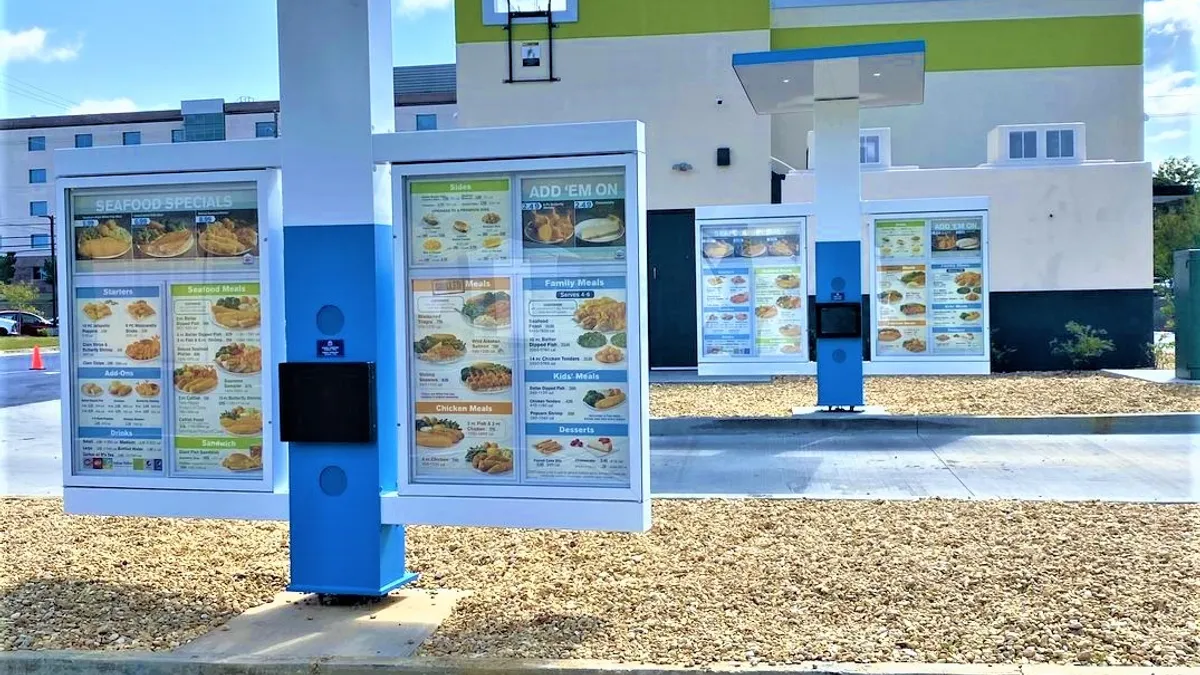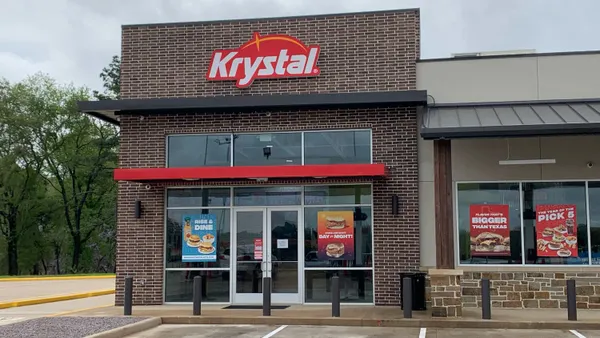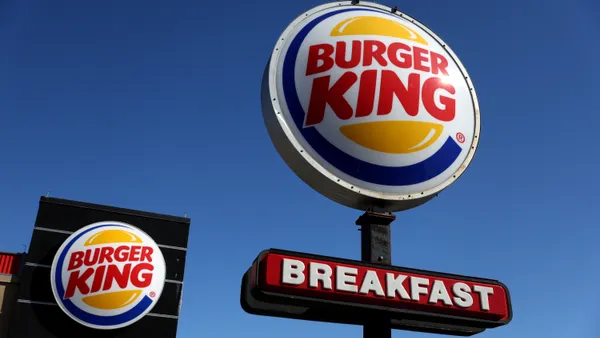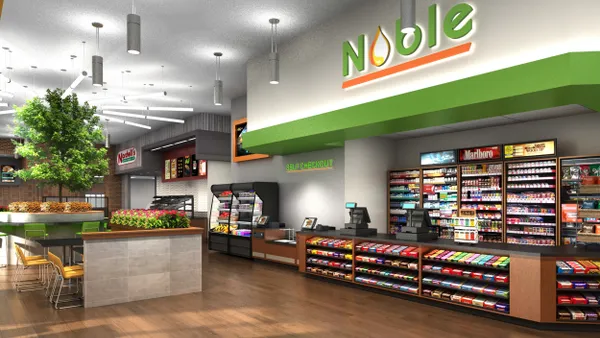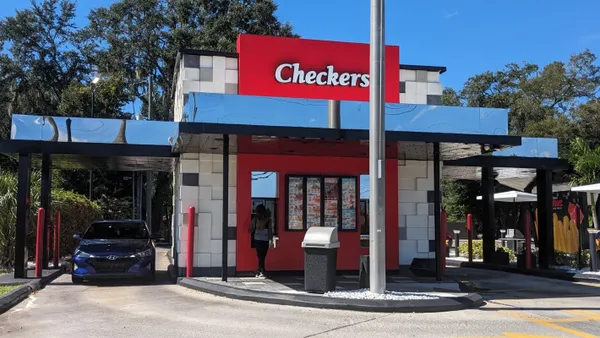Dive Brief:
- Captain D’s has signed the largest franchise deal in the brand’s history to build 26 stores with Amazing Food Concepts in the St. Louis, Indianapolis and North Carolina markets, according to a press release emailed to Restaurant Dive
- Amazing Food Concepts, headed by Keith Johnson and Kevin Davis, acquired and now operates about 15 Captain D’s units in the St. Louis-area and Illinois.
- Franchisees comprise about 42% of Captain D’s system, accounting for 228 units, compared to 312 company-operated stores, according to its franchise disclosure document. The AFC deal marks a significant shift in the composition of its store base.
Dive Insight:
The fast casual chain, which has over 530 restaurants, is looking to reach 1,000 units overall and has a goal of opening between 25 to 40 locations annually. Earlier this year, it widened its scope of international development to include Latin America, Singapore and Indonesia, and named Hair Parra to the newly created position of senior vice president, international operations and development. In January, it signed its first franchise agreement in Canada to develop five locations in the Toronto market.
Captain D’s design flexibility is “attracting both new and existing multi-unit and multi-concept franchisees,” according to the press release. The company said Johnson and Davis had experience operating a variety of restaurant brands, including Dunkin’, Papa Johns, Popeyes and Subway. In late 2022, the chain announced that a Texas-based c-store operator would begin developing 10 Captain D’s units in that state.
The chain offers several prototypes — a 970-square-foot express store, a 1,700-square-foot, 22-seat store and a 2,100-square-foot store with 44 seats — allowing for operators to build units based on their real estate needs. Captain D’s allows franchisees to add a second drive-thru lane to any of the prototypes, so long as space allows, according to its website. Double drive-thrus handle about 35% more cars than a single drive-thru.
Captain D’s didn’t respond immediately to a request to clarify how many of each unit type AFC intended to develop, or which types of markets it was targeting in Missouri, Indiana and North Carolina.



